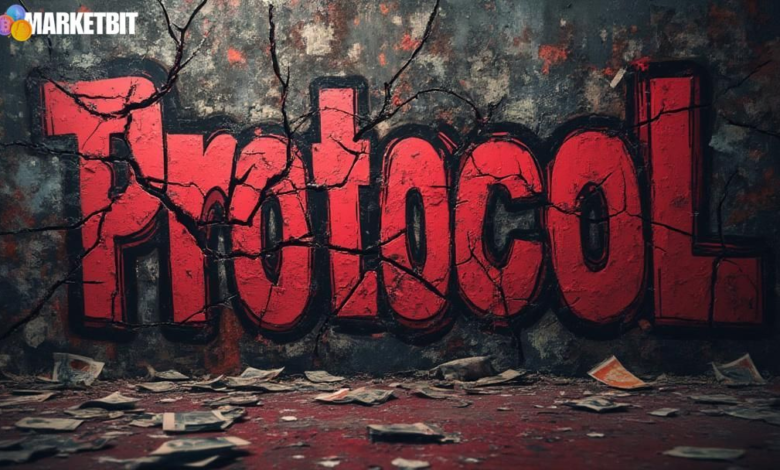S&P Assigns First Stablecoin Rating to Sky Protocol

- Sky Protocol receives ‘B-‘ credit rating from S&P Global.
- Centralized governance, liquidity risks highlighted.
- Rune Christensen’s influence noted as significant risk.
S&P Global assigns a ‘B-‘ credit rating to Sky Protocol, marking the first for any stablecoin issuer, spotlighting governance, liquidity, and regulatory challenges linked to co-founder Rune Christensen.
The rating underscores potential growth yet highlights risks for Sky Protocol, influencing market perspectives on stablecoins and DeFi. Immediate financial inflows remain uncertain despite increased legitimacy.
S&P Global has assigned a ‘B-‘ credit rating to Sky Protocol, marking the first instance of a stablecoin issuer receiving such a rating. The decision underscores issues related to governance centralization and liquidity risks.
Rune Christensen, co-founder of Sky Protocol, is highlighted for significant protocol influence through governance tokens. His previous role as founder of MakerDAO is also recognized, marking him a notable figure in DeFi circles.
The rating could strongly impact stablecoin adoption and integration in traditional finance, despite no immediate influx of capital. S&P emphasizes liquidity and governance concerns, which could deter some investors.
Financial and market effects include possible repercussions for Sky Protocol’s USDS stablecoin and MakerDAO’s DAI. Communities might see reputational shifts in DeFi protocols based on these evaluations.
No major industry’s quick reaction has been observed, though regulatory and institutional interpretations could soon follow. Experts note the assessment could increase scrutiny on other stablecoins.
Potential outcomes include revised governance structures and enhanced liquidity assurances. S&P’s credit analysis sets a precedent, potentially affecting regulation and technological adaptations in the DeFi space.
“Rune Christensen effectively controls protocol decision-making through 9% of its governance tokens (a low voter turnout exacerbates centralization).” — S&P Global Analyst, S&P Global Ratings





